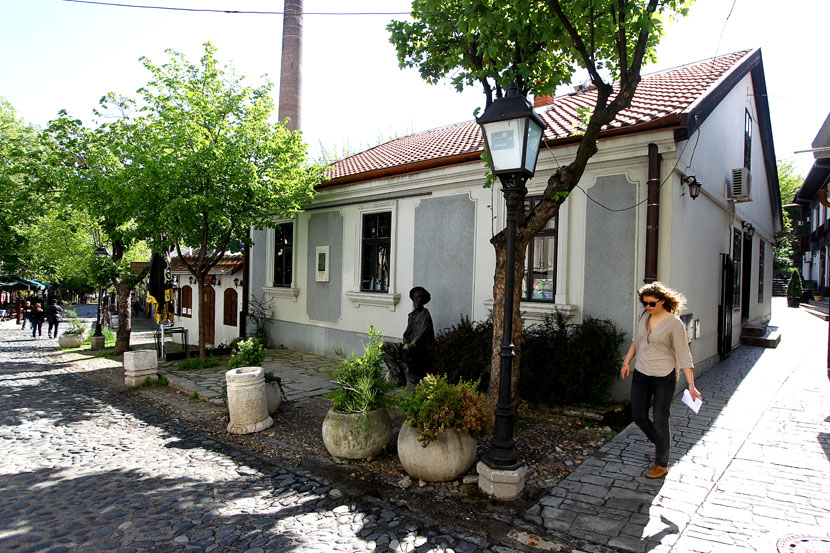All that you need to know about old Serbian taverns and songs
During the period when taverns, mehanas and even hotels started opening, the entire cultural life was connected to them. Both respectable and anonymous people went to a tavern and spend most of the day there.
There were many reasons for going to a tavern, and one of them was music, of course.
- When the Prince Mihailo Obrenović in 1867 received the keys of Belgrade, free from the Turks, there was a huge joy.He organized a ball on the site of today's Film Archive, and this was the first time a song, a sort of anthem “Drino, vodo hladna" could be heard. It was composed before 1800. Also, the song "Raslo mi je badem drvo" lasts for centuries.

Some songs that we listen today are really old and valuable and should be preserved. Therefore, on the occasion of receiving the keys, a lot of citizens from the territory of the then Serbia came to celebrate Belgrade. All taverns in Belgrade organized music, food and celebration to welcome the guests, tells us Vidoje Golubović, the author of the book “Mehane i kafane starog Beograda”.
Taverns and tavern life had significance in terms of preservations of customs. Of course, a part of the tradition was preserved in homes and families, but the taverns were the main centers.

- Mika Alas, realizing that this unusual musical integrity that Serbian people used to have before the World War II was disappearing, began to record Serbian songs and dances that people started forgetting. There is an interesting fact from his life- he recorded more than a thousand songs on the Radio Beograd before the Second World War began. The tavern itself was the place where this music was kept.
Just like today, there was a tavern called Jedinstvo (Unity), where the Ethnographic Museum is situated today. A famous musician who played the violin, a teacher of Mika Alas, was recording, explains Golubović. According to the archival records a lot of listeners gathered outside the garden wanting to hear Mika Jagodinac and his orchestra.

- Sofka at that time, between the two World Wars, sang to the consul who was coming to Skadarlija just to listen to her. It is necessary to examine the data further, i.e. to confirm that Sofka recorded about 40 records in Paris between the two wars.
Music was playing in taverns all day long, and it was the music without the sound system. All these songs were reminiscent of life; they made it more beautiful, and glorified it. Almost all tavern songs have three keywords: wine, love and tavern.
- These are the songs that depicted the life in Serbia, concluded Golubović.
(Emilija Cvijanović)
Video: Tražimo odgovore na pitanja: Ko nam je zabranio da studiramo i kada ćemo se vratiti studijama
Telegraf.rs zadržava sva prava nad sadržajem. Za preuzimanje sadržaja pogledajte uputstva na stranici Uslovi korišćenja.

